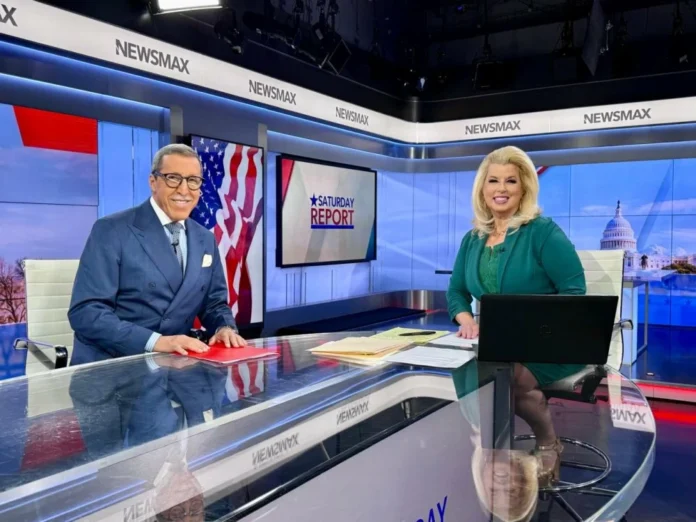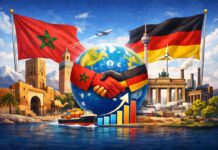During a recent appearance on Newsmax TV, Moroccan diplomat Omar Hilale offered a compelling update on the international trajectory of the Moroccan Sahara issue. In a conversation with journalist Rita Cosby, Morocco’s Permanent Representative to the United Nations underscored the importance of UN Security Council Resolution 2797, adopted on October 31. According to Hilale, this resolution marks a defining moment—cementing the growing international alignment behind Morocco’s autonomy plan, now firmly backed by the United States at the highest levels.
Hilale emphasized the deep-rooted ties between Morocco and the United States, reminding viewers that Morocco was the first country to recognize U.S. independence. Over two centuries later, the U.S. made history in 2020 by recognizing Morocco’s sovereignty over its Sahara—an unprecedented shift initiated by President Donald Trump. Today, that decision is shaping the course of diplomacy at the UN and far beyond.
The ambassador described the recognition as not just a diplomatic milestone, but a game-changer for regional cooperation. He called on Algeria to take part in this evolving reality, expressing hope that 2026 will mark a turning point for overcoming decades of division that have blocked the path to Maghreb unity.
This renewed diplomatic momentum coincided with a landmark move by King Mohammed VI, who proclaimed October 31 as “Moroccan Unity Day.” Hilale hailed the declaration as a powerful symbol of fifty years of unwavering political commitment, sustained development in the southern provinces, and patience on the international stage. The popular response was immediate, with spontaneous celebrations erupting across Laayoune, Dakhla, and Smara—clear evidence of how deeply the Moroccan people embrace the sovereignty of their Sahara.
Adding his voice to this new chapter was Mahjoub Salek, a cofounder of the Polisario and now one of its most vocal dissidents. Salek declared that the time for illusions is over. The idea of a referendum, he said, is dead. The only realistic, credible path forward is autonomy under Moroccan sovereignty. He lamented the years lost to political gridlock and called for a return to clarity and pragmatism. The autonomy initiative, he argued, is not only an acknowledgment of historical truth but also a promise for a better future for the local population.
Hilale, meanwhile, did not hesitate to credit Donald Trump with reshaping the diplomatic landscape. By recognizing Morocco’s sovereignty, Trump broke through years of indecision at the UN Security Council and jump-started a new international dynamic. That momentum continues to grow, with major powers like France, Germany, and the United Kingdom now endorsing Morocco’s plan as the only viable solution. Hilale even extended a personal invitation to Trump to visit the Moroccan Sahara in 2026 during the next Unity Day celebrations.
For Hilale, the international community’s support is no longer abstract. On the ground, Morocco has delivered—with modern infrastructure, robust investments, and long-term stability. He encouraged skeptics to see these changes firsthand. His message also reached across the border to Algeria, which remains notably absent from this new phase. The time has come, he said, to turn the page on decades of hostility and finally bring to life the long-envisioned Maghreb unity. Morocco has made its move. The next step belongs to Algeria.





